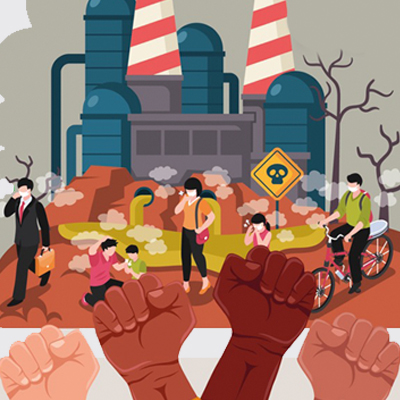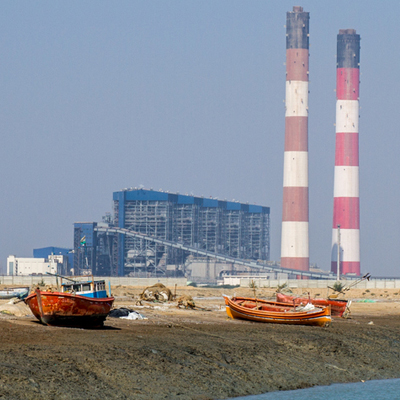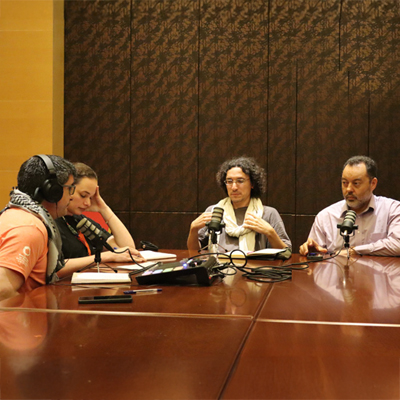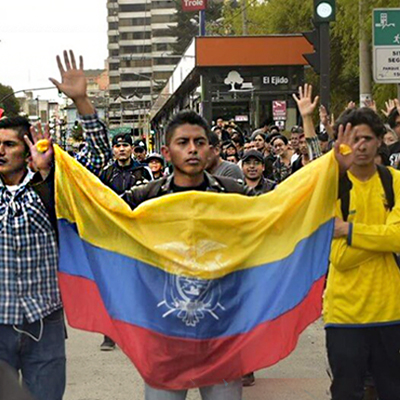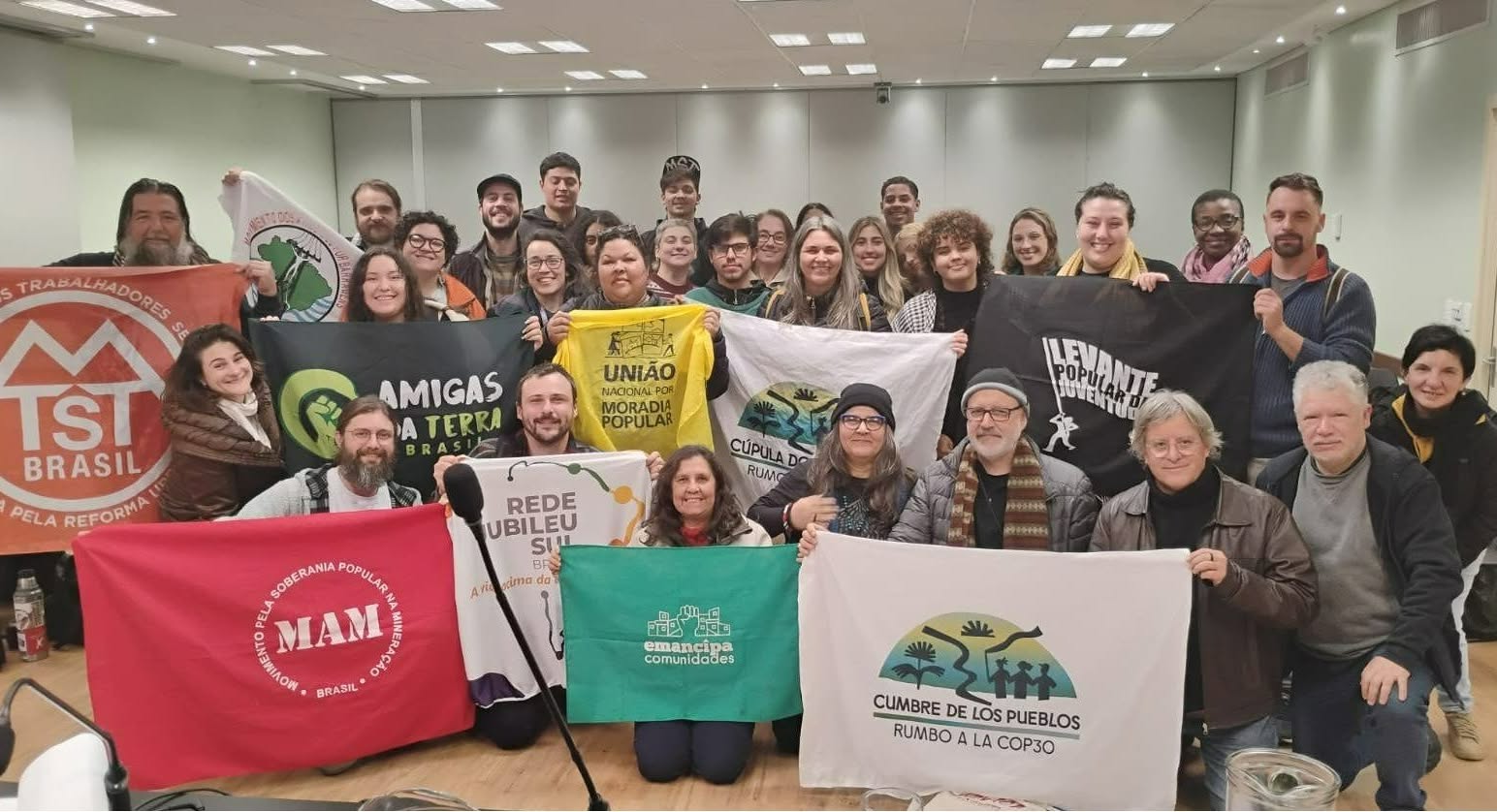Over 20 social organisations and networks from Latin America and the Caribbean are convening an open dialogue with government representatives and civil society to develop an international and mandatory tool to protect human rights against corporate abuse.
Real World Radio interviewed Iván González, Political Coordinator at the Trade Union Confederation of the Americas (TUCA), member of the movement Continental Day for Democracy and against Neoliberalism (Jornada Continental).
“We are at a point in the negotiations for the Binding Treaty where there is a kind of stalemate, which is practically freezing the negotiations. (…) Organisations have decided to take the initiative in the regions for our governments to have a more active participation in the process.”
González said that government representatives from Brazil, Chile, Colombia, Honduras and MPs from Argentina and Uruguay were invited to the activity that will take place in Bogota, capital of Colombia. In addition, other governments such as Bolivia, Cuba and Venezuela will participate online.
Regarding the need to strengthen the relationship between governments and social organisations over the Binding Treaty, González said: “we understand the difficulties governments may have with this agenda. These are countries where the dynamics of Free Trade Agreements and their adherence to these rules make them be very careful, because this is an agenda that involves going against investment protection mechanisms, which we consider that foster impunity and corporate capture.”
However, this is not an obstacle to progress on these regulations because these governments, according to González, “do prioritise social issues and paying social debts to large sectors of the population, even in terms of the environmental and climate agenda.”
“This involves taking into consideration the presence of transnational investments in the control of the common resources of the region,” said the TUCA leader.
It is no coincidence that this activity is taking place in Bogotá. González explained that “Colombia has been under tension since Gustavo Petro took office due to the interests that have been historically in dispute, and it is clear that negotiating permanent and absolute peace affects interests that have been benefitting from the armed conflict for decades, such as the occupation of the Colombian territory by transnational investments associated with the exploitation of energy, oil, coal and gas resources.”
In addition, the Colombian territory is rich in minerals such as gold and diamonds. The exploitation of rivers as a source of hydroelectric power also needs to be mentioned.
“When reviewing the effects of the armed conflict, transnational corporations do not come out well. They have been denounced several times as accomplices of the actions of paramilitary groups to prevent community organisation in the territories and attacks against trade unions.”
The public dialogue will take place on 10 May, 3pm – 6 pm, at the Gabriel García Márquez Cultural Centre, Bogota, Colombia.



